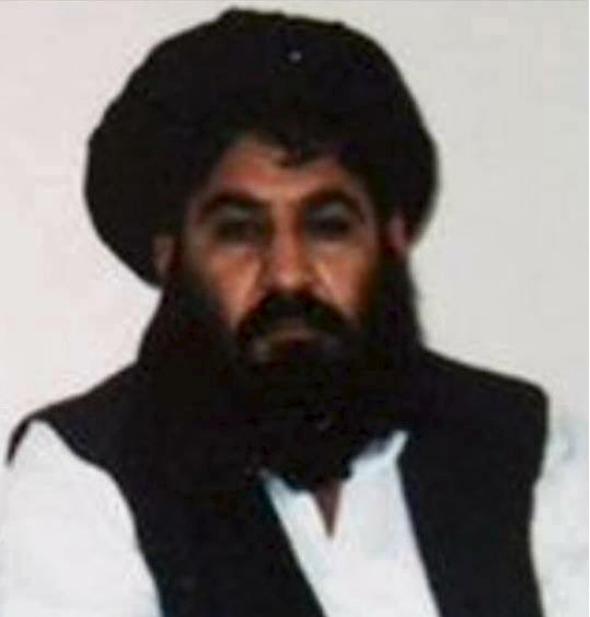Taliban leader Mullah Akhtar Mansour was likely killed on Saturday when he was targeted by a U.S. airstrike on the Pakistan side of the Afghan-Pakistan border. Senior defense officials told several news outlets that Mansour was likely killed by the airstrike that was carried out early Saturday morning by multiple drones. Mansour was the target of the attack and another male traveling with him in a vehicle was also likely killed. Officials urged caution, noting that early claims of deaths of militants have been wrong in the past. Still, getting physical confirmation of the death could take days because the area where the airstrike took place is so remote.
“Mansour has been the leader of the Taliban and actively involved with planning attacks against facilities in Kabul and across Afghanistan, presenting a threat to Afghan civilians and security forces, our personnel, and coalition partners,” Pentagon press secretary Peter Cook said in a statement. “Mansour has been an obstacle to peace and reconciliation between the government of Afghanistan and the Taliban, prohibiting Taliban leaders from participating in peace talks with the Afghan government that could lead to an end to the conflict.”
The Taliban denied that Mansour was killed. “We heard about these baseless reports but this not first time,” one Taliban commander close to Mansour told Reuters. “Just wanted to share with you my own information that Mullah Mansour has not been killed.” NBC News points out that Taliban denied Mansour’s death even before the Pentagon had announced that the militant chief had been the target of an airstrike. The Taliban has a tradition of denying the deaths of its senior members.
If confirmed, the death of the man who took over the leadership of the terrorist group following the death of Mullah Mohammad Omar will surely be a setback to the organization. Still, it could represent some setbacks to peace efforts as well because it could further divide the Taliban which could make militants less likely to participate in talks.
Mansour was officially appointed head of the Taliban last summer after the group acknowledged that Mullah Omar had died. Officials have long said they believed Omar had died two years earlier but his death launched a power struggle inside the organization that Mansoor won, apparently because he had been responsible for the Taliban’s day-to-day operations.
The strike that once again put the focus on the Taliban “served as a reminder that even as the Obama administration has talked of an end of combat operations in Afghanistan and has focused on fighting the Islamic State in Iraq and Syria, the fighting in Afghanistan—and the risk of rising militancy there—has continued,” points out the New York Times.
